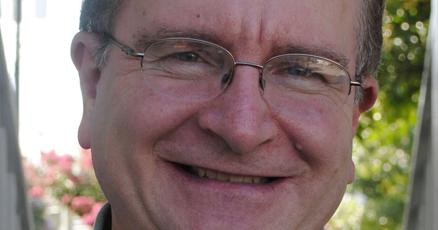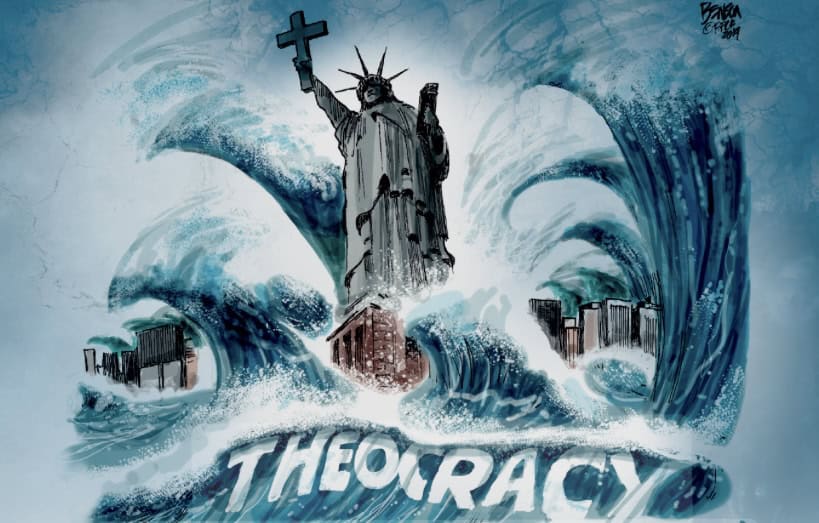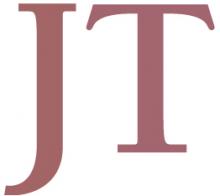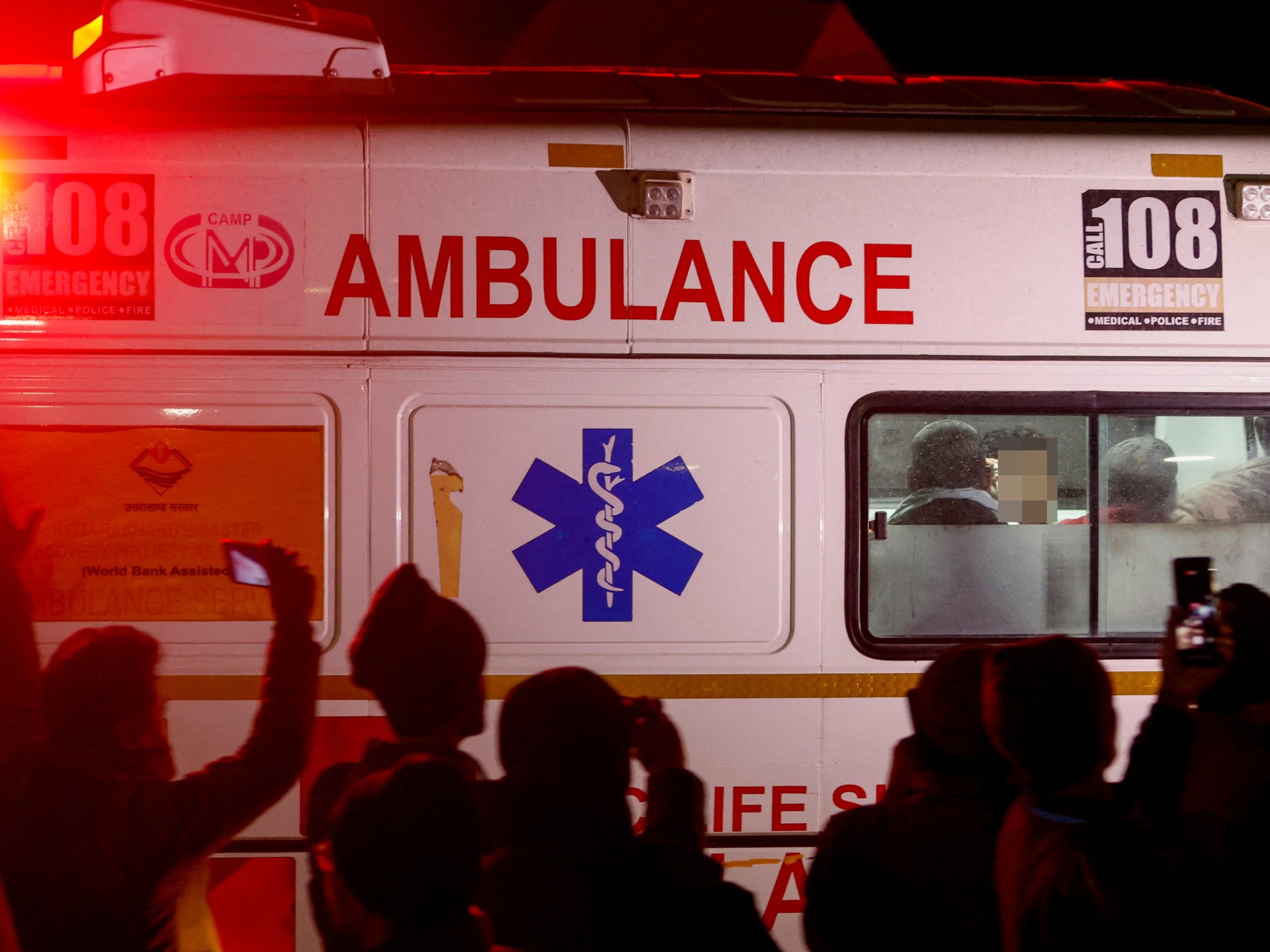Faith vs. Funding: Maryland's Top Lawyer Draws Battle Lines Over Religious Charter School
Religion
2025-04-07 22:11:38Content

In a united stand for the separation of church and state, Maryland Attorney General Anthony G. Brown has teamed up with 17 of his fellow state legal leaders to challenge a groundbreaking legal case that could potentially establish the nation's first publicly funded religious charter school. The coalition of attorneys general is taking a firm stance against what they view as a significant threat to constitutional principles of educational funding and religious neutrality.
By joining forces, these state legal representatives are sending a powerful message to the U.S. Supreme Court about the potential risks of blurring the lines between public education and religious institutions. Their collective effort underscores a commitment to maintaining the traditional boundaries between government-funded education and religious programming.
The case represents a critical moment in the ongoing debate about the role of religion in public institutions, with potentially far-reaching implications for educational policy and constitutional interpretation. Brown and his colleagues are working to prevent what they see as a precedent-setting decision that could fundamentally alter the landscape of public education funding.
Religious Charter Schools: A Constitutional Crossroads in Education Policy
In the intricate landscape of American education and religious freedom, a groundbreaking legal challenge is emerging that could fundamentally reshape the boundaries between public funding and religious institutions. At the heart of this complex debate lies a proposed publicly funded religious charter school, a concept that has sparked intense legal scrutiny and passionate discourse among state attorneys general across the United States.Challenging the Boundaries of Educational Funding and Religious Expression
The Legal Landscape of Religious Education
The proposed religious charter school represents a unprecedented intersection of constitutional principles, educational policy, and religious freedom. Maryland Attorney General Anthony G. Brown, alongside 17 of his counterparts, has taken a decisive stand against this potential paradigm shift in public education. Their collective action underscores the profound constitutional implications of establishing a publicly funded religious educational institution. The legal challenge goes beyond mere administrative disagreement, touching on fundamental questions of separation of church and state. Attorneys general are carefully examining the potential precedent such a school might set, weighing the delicate balance between religious expression and public funding constraints.Constitutional Considerations and Potential Implications
The Supreme Court's potential decision carries far-reaching consequences for educational policy nationwide. By considering this unprecedented case, the court is poised to explore the nuanced boundaries of religious freedom within public educational frameworks. The proposed religious charter school challenges long-standing interpretations of constitutional provisions regarding state funding and religious institutions. Legal experts suggest that this case could potentially redefine existing interpretations of the Establishment Clause and Free Exercise Clause. The implications extend beyond immediate educational concerns, potentially reshaping how public institutions interact with religious organizations.State Attorneys General: A Unified Front
The coordinated response from 18 state attorneys general demonstrates a remarkable level of inter-state cooperation and shared constitutional concern. By presenting a unified legal perspective to the Supreme Court, these state legal representatives are signaling the potential broader implications of establishing a publicly funded religious charter school. Their collective argument emphasizes the critical importance of maintaining clear boundaries between public funding and religious education. The legal brief likely articulates concerns about potential precedents that could fundamentally alter the landscape of public education and religious freedom.Educational Policy and Religious Freedom in Tension
This legal challenge illuminates the ongoing tension between religious expression and public educational standards. The proposed charter school represents a complex test case that requires nuanced consideration of constitutional principles, educational equity, and religious liberty. Stakeholders across the educational and legal spectrum are closely monitoring the potential Supreme Court decision. The outcome could significantly impact how educational institutions balance religious freedom with public funding requirements, potentially setting a transformative precedent for future policy discussions.Broader Societal Implications
Beyond the immediate legal context, this case reflects broader societal debates about the role of religion in public institutions. The potential establishment of a publicly funded religious charter school touches on fundamental questions of cultural diversity, educational access, and constitutional interpretation. The Supreme Court's eventual ruling will likely have ripple effects across educational policy, potentially reshaping how communities understand the relationship between religious expression and public funding. Legal scholars, educators, and policymakers are preparing for a decision that could redefine long-standing constitutional interpretations.RELATED NEWS
Religion
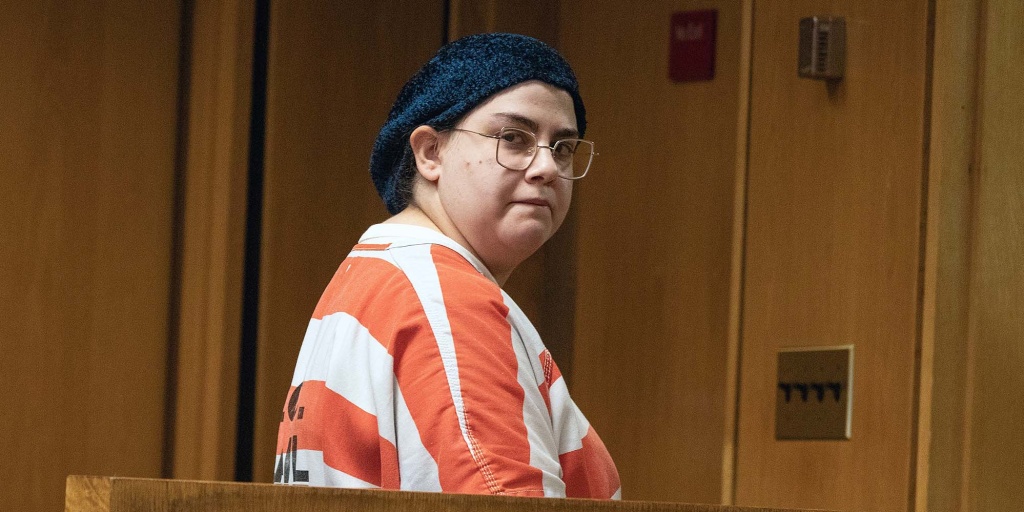
Tragic Verdict: Mother Acquitted of Infanticide After Claiming Divine Intervention
2025-04-03 21:17:40
Religion

Faith, Funding, and Education: Supreme Court Edges Toward Mandating Religious School Inclusion
2025-04-30 20:49:54
Religion

Global Religious Freedom Stalls: New Report Reveals Alarming Standstill
2025-03-26 12:23:29
